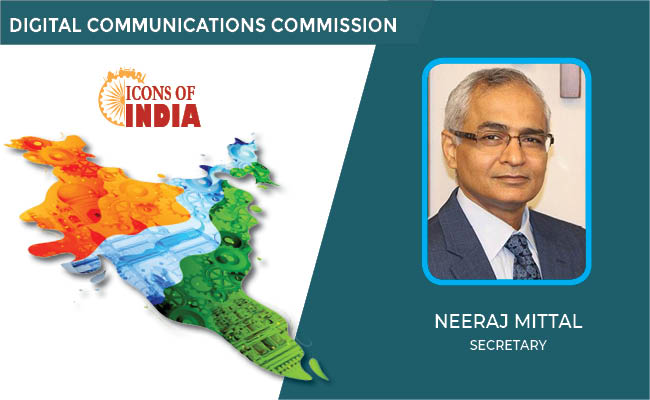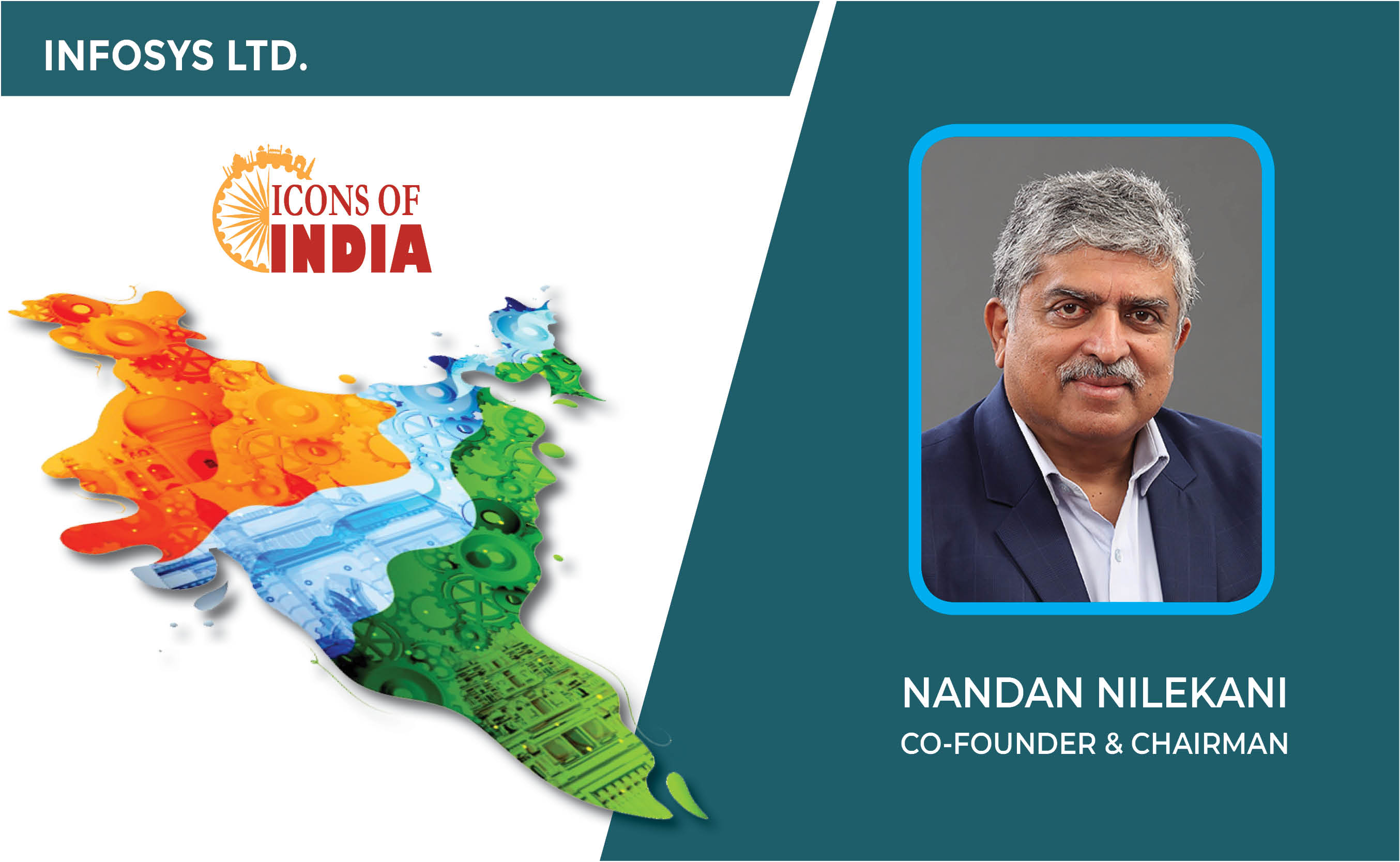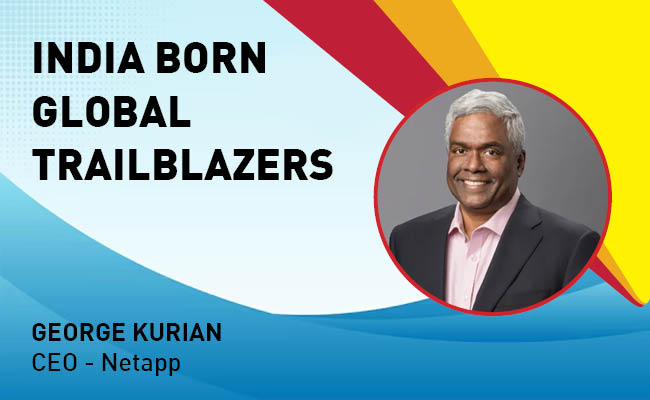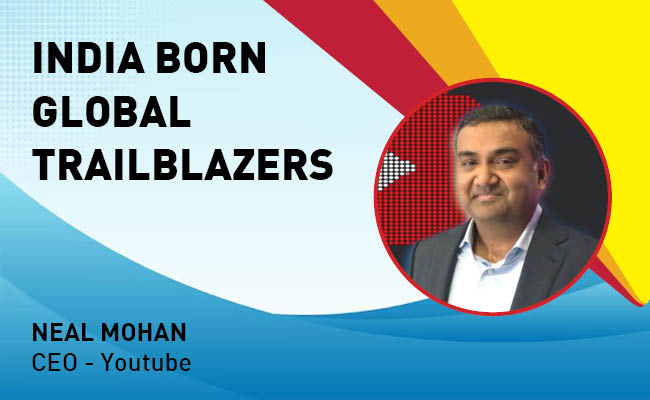Whatsapp used to distribute new malware
By MYBRANDBOOK

Whatsapp and its users now seem to be in deep trouble as a newly discovered Android malware has been found to propagate itself through WhatsApp messages to other contacts in order to expand what appears to be an adware campaign.
"This malware spreads via victim's WhatsApp by automatically replying to any received WhatsApp message notification with a link to [a] malicious Huawei Mobile app," ESET researcher Lukas Stefanko said.
The link upon clicking the fake Huawei Mobile app, redirects users to a lookalike Google Play Store website.
Once installed, the wormable app prompts victims to grant it notification access, which is then abused to carry out the wormable attack. Specifically, it leverages WhatApp's quick reply feature - which is used to respond to incoming messages directly from the notifications - to send out a reply to a received message automatically.
Besides requesting permissions to read notifications, the app also requests intrusive access to run in the background as well as to draw over other apps, meaning the app can overlay any other application running on the device with its own window that can be used to steal credentials and additional sensitive information.
According to Stefanko, the functionality is to trick users into falling for an adware or subscription scam. Furthermore, in its current version, the malware code is capable of sending automatic replies only to WhatsApp contacts - a feature that could be potentially extended in a future update to other messaging apps that support Android's quick reply functionality.
While the message is sent only once per hour to the same contact, the contents of the message and the link to the app are fetched from a remote server, raising the possibility that the malware could be used to distribute other malicious websites and apps.
"I don't remember reading and analyzing any Android malware having such functionality to spread itself via whatsapp messages," Stefanko told Stefanko said the exact mechanism behind how it finds its way to the initial set of directly infected victims is not clear; however, it's to be noted the wormable malware can potentially expand from a few devices to many others incredibly quickly.
"I would say it could be via SMS, mail, social media, channels/chat groups etc," Stefanko said.
If anything, the development once again underscores the need to stick to trusted sources to download third-party apps, verify if an app is indeed built by a genuine developer, and carefully scrutinize app permissions before installation.
But the fact the campaign cleverly banks on the trust associated with WhatsApp contacts implies even these countermeasures may not be enough.


Legal Battle Over IT Act Intensifies Amid Musk’s India Plans
The outcome of the legal dispute between X Corp and the Indian government c...

Wipro inks 10-year deal with Phoenix Group's ReAssure UK worth
The agreement, executed through Wipro and its 100% subsidiary,...

Centre announces that DPDP Rules nearing Finalisation by April
The government seeks to refine the rules for robust data protection, ensuri...

Home Ministry cracks down on PoS agents in digital arrest scam
Digital arrest scams are a growing cybercrime where victims are coerced or ...


Icons Of India : NEERAJ MITTAL
He started his career as an IAS Officer in 1992. He has held various a...

Icons Of India : NANDAN NILEKANI
Nandan Nilekani is the Co-Founder and Chairman of Infosys Technologies...

ICONS OF INDIA : VIJAY SHEKHAR SHARMA
Vijay Shekhar Sharma is an Indian technology entrepreneur and multimil...


NSE - National Stock Exchange
NSE is the leading stock exchange in India....

BEL - Bharat Electronics Limited
BEL is an Indian Government-owned aerospace and defence electronics co...

GeM - Government e Marketplace
GeM is to facilitate the procurement of goods and services by various ...


Indian Tech Talent Excelling The Tech World - George Kurian, CEO, Netapp
George Kurian, the CEO of global data storage and management services ...

Indian Tech Talent Excelling The Tech World - NEAL MOHAN, CEO - Youtube
Neal Mohan, the CEO of YouTube, has a bold vision for the platform’s...

Indian Tech Talent Excelling The Tech World - Soni Jiandani, Co-Founder- Pensando Systems
Soni Jiandani, Co-Founder of Pensando Systems, is a tech visionary ren...
 of images belongs to the respective copyright holders
of images belongs to the respective copyright holders